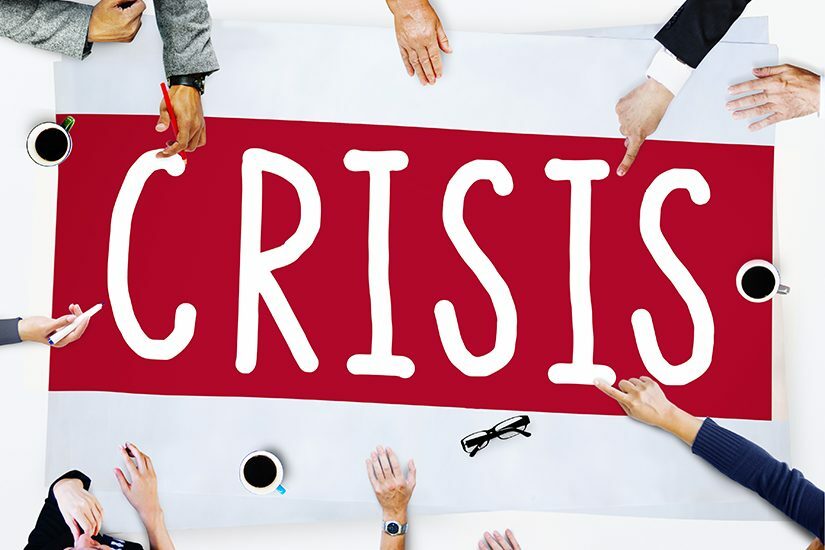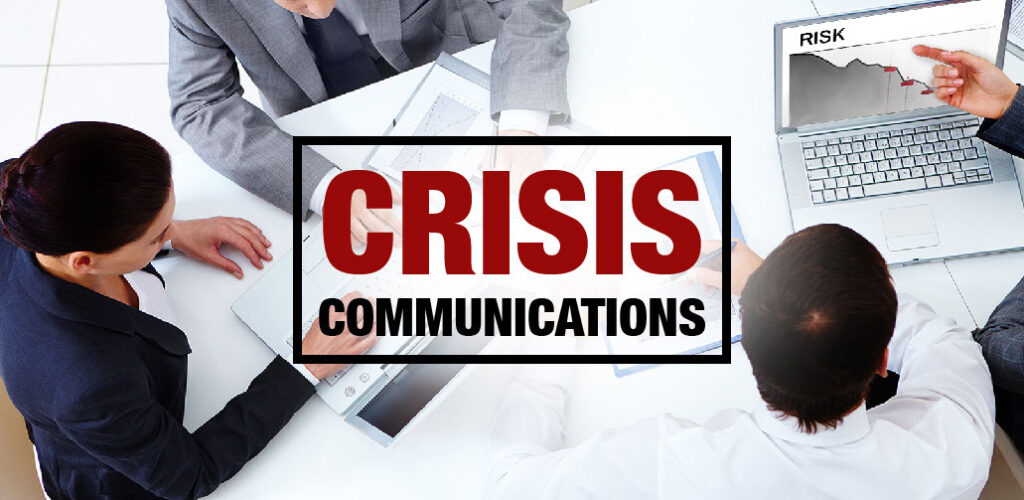Explore the proactive strategies and effective management techniques crucial for maintaining brand reputation during challenging times.
In today’s fast-paced and interconnected world, no brand is immune to crises. Whether it’s a product recall, a social media backlash, or a corporate scandal, how a brand handles a crisis can make or break its reputation. In this blog, we’ll explore the importance of proactive crisis communication planning and effective management strategies for maintaining brand reputation during challenging times.
Understanding the Importance of Proactive Planning:
Crisis communication shouldn’t start when a crisis hits—it should begin long before. Proactive planning involves identifying potential risks, developing response protocols, and establishing communication channels in advance. By anticipating possible crises and preparing response strategies, brands can minimize the impact of adverse events and maintain control over the narrative.
Establishing Clear Communication Protocols:
In times of crisis, clear and timely communication is crucial. Brands should establish communication protocols outlining roles, responsibilities, and channels for disseminating information. Designated spokespeople should be trained to communicate effectively with stakeholders, including employees, customers, the media, and the public. Transparency and honesty should be prioritized to build trust and credibility.

Responding Swiftly and Transparently:
When a crisis occurs, swift action is essential. Brands must acknowledge the situation, take responsibility for any mistakes, and communicate transparently with stakeholders. Transparency breeds trust, and honesty can help mitigate the negative impact of a crisis on brand reputation. By being open and forthcoming, brands can demonstrate accountability and sincerity, which can help restore confidence among stakeholders.
Leveraging Digital Platforms for Crisis Management:
In today’s digital age, social media can amplify the spread of information during a crisis. Brands must monitor online conversations, address misinformation promptly, and engage with stakeholders on digital platforms. Social media can also be a powerful tool for disseminating updates, providing assistance, and managing public perception. By leveraging digital platforms effectively, brands can better control the narrative and manage the crisis response.
Learning from Mistakes and Improving Preparedness:
After the crisis has passed, brands should conduct a thorough post-mortem analysis to identify lessons learned and areas for improvement. This includes evaluating the effectiveness of crisis communication strategies, identifying gaps in preparedness, and implementing corrective measures. Continuous learning and adaptation are essential for strengthening crisis management capabilities and enhancing brand resilience.

Proactive crisis communication planning and effective management strategies are essential for maintaining brand reputation during challenging times. By anticipating potential risks, establishing clear communication protocols, responding swiftly and transparently, leveraging digital platforms, and learning from mistakes, brands can navigate crises successfully and emerge stronger than before. In today’s unpredictable world, preparedness is key, and strategic PR professionals play a critical role in safeguarding brand reputation and ensuring long-term success.